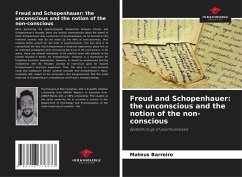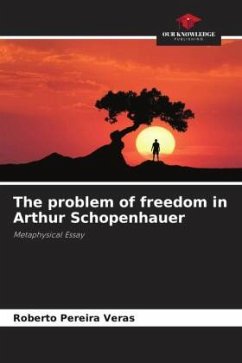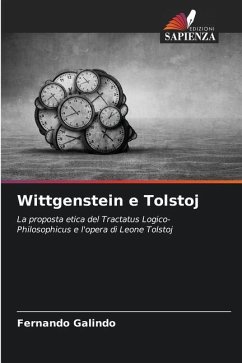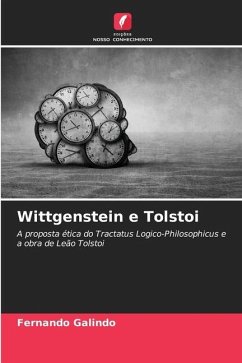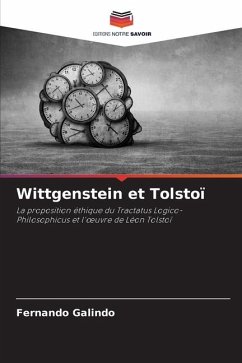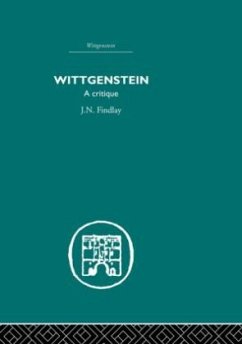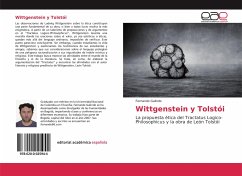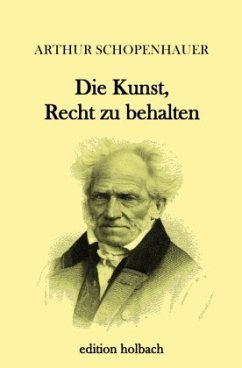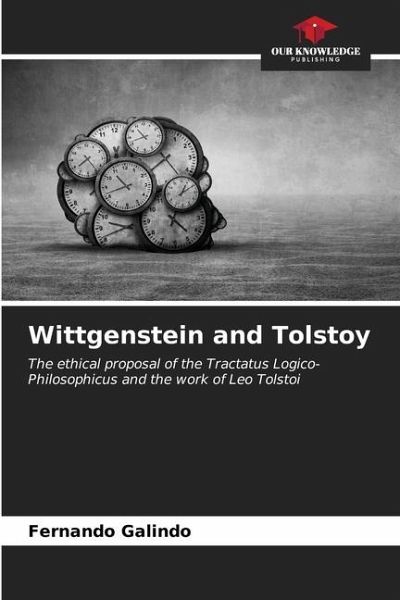
Wittgenstein and Tolstoy
The ethical proposal of the Tractatus Logico-Philosophicus and the work of Leo Tolstoi
Versandkostenfrei!
Versandfertig in 6-10 Tagen
36,99 €
inkl. MwSt.

PAYBACK Punkte
18 °P sammeln!
Ludwig Wittgenstein's remarks on ethics constitute a fundamental part of his work, although by far the most enigmatic. From a labyrinth of propositions and arguments in the "Tractatus Logico-Philosophicus", Wittgenstein builds a wall where sentences about value, whether aesthetic or ethical, remain beyond ordinary language, impossible to verify. This point would seem conclusive. However, when we study Wittgenstein's life and examine the testimonies of his students and friends, we know that his considerations about language protected his mystical and religious concerns from dangerous rationaliz...
Ludwig Wittgenstein's remarks on ethics constitute a fundamental part of his work, although by far the most enigmatic. From a labyrinth of propositions and arguments in the "Tractatus Logico-Philosophicus", Wittgenstein builds a wall where sentences about value, whether aesthetic or ethical, remain beyond ordinary language, impossible to verify. This point would seem conclusive. However, when we study Wittgenstein's life and examine the testimonies of his students and friends, we know that his considerations about language protected his mystical and religious concerns from dangerous rationalization. This paper seeks to show the affinities between the world of philosophy and the world of literature. It is, in short, to elaborate the argumentation of the "Tractatus" and to find the affinities with Wittgenstein's favorite literary and religious author, Leo Tolstoy.





